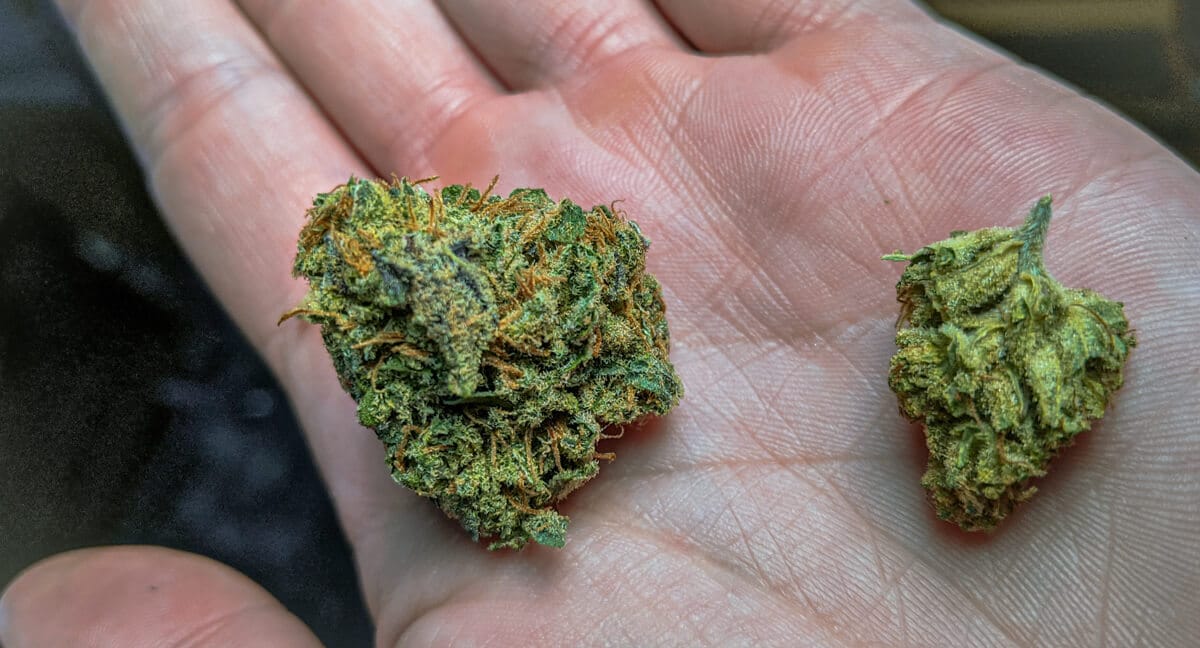Introduction:
In recent years, the discourse surrounding tetrahydrocannabinol (THC), the psychoactive compound found in cannabis, has shifted from controversy to curiosity. As scientific research progresses, there is a growing interest in understanding how THC may unlock new dimensions in mental health and wellness.
The Therapeutic Power of THC:
THC, often associated with the euphoric “high” in cannabis, has shown promising therapeutic potential in various mental health conditions. Researchers are exploring its role in alleviating symptoms of anxiety, depression, and post-traumatic stress disorder (PTSD). Preliminary studies suggest that THC interacts with the endocannabinoid system, which plays a crucial role in regulating mood and stress responses.
Anxiety and Stress Management:
One of the key areas where THC has shown promise is in anxiety and stress management. Some studies indicate that low doses of THC may help reduce anxiety levels by modulating neurotransmitters in the brain. As THC interacts with cannabinoid receptors, it may contribute to a sense of relaxation and ease, offering relief to individuals struggling with chronic stress or anxiety disorders.
Elevating Mood and Combating Depression:
Depression, a widespread mental health concern, is another area where THC’s impact is being investigated. Research suggests that THC may influence the release of serotonin, a neurotransmitter associated with mood regulation. By enhancing serotonin levels, THC could potentially alleviate symptoms of depression and improve overall mood.
PTSD Treatment:
For individuals grappling with post-traumatic stress disorder (PTSD), THC may provide a glimmer of hope. Some studies propose that THC’s interaction with the endocannabinoid system may help in extinguishing traumatic memories and reducing the emotional impact of distressing experiences. However, further research is needed to establish the safety and efficacy of THC in PTSD treatment.
Balancing Act:
While THC shows promise in mental health and wellness, it is crucial to strike a balance. Excessive or inappropriate use of THC may lead to adverse effects, including paranoia and cognitive impairment. Responsible consumption, guided by medical professionals, is essential to maximize the therapeutic benefits while minimizing potential risks.
THC and the Brain:
Understanding THC’s impact on the brain is an ongoing journey for researchers. Studies suggest that THC may influence neuroplasticity, the brain’s ability to adapt and reorganize itself. This could have implications for conditions like Alzheimer’s disease and age-related cognitive decline, though more research is necessary to draw conclusive connections.
Conclusion:
The evolving landscape of cannabis research offers a glimpse into the potential therapeutic benefits of THC for mental health and wellness. While the journey is still in its early stages, the strides being made underscore the importance of continued investigation. As we unlock the potential of THC, it is imperative to approach its use with caution, ensuring a nuanced and informed perspective that balances the promise of therapeutic benefits with the need for responsible consumption.




